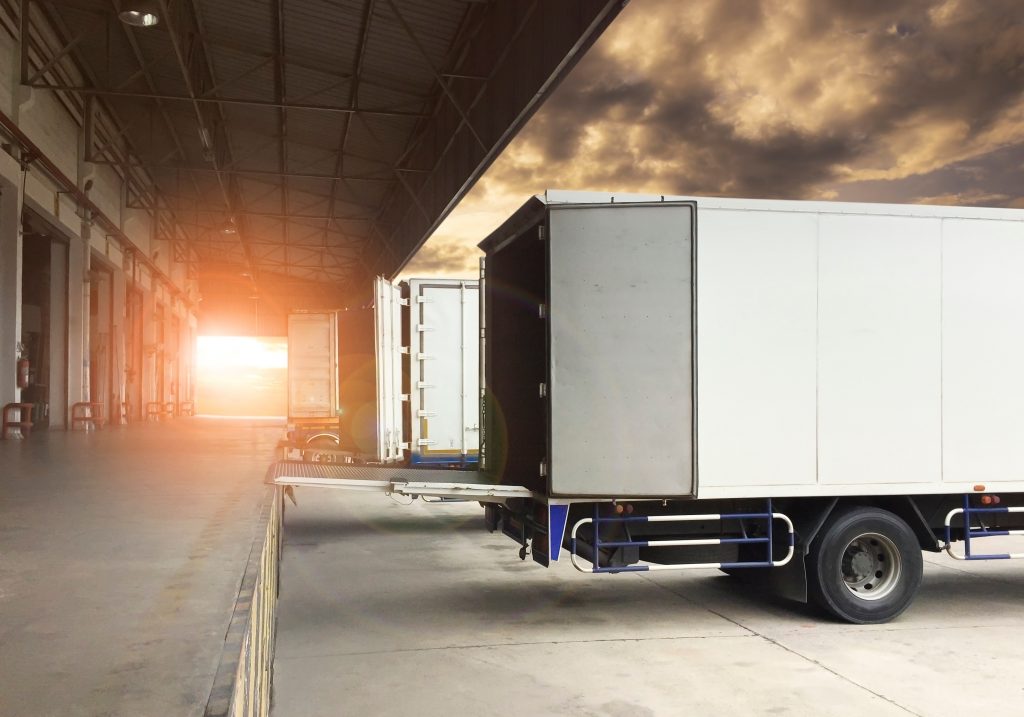If you are a truck driver, then you know that load shifting can be a serious problem. This can happen when the weight of the cargo shifts, which can cause the truck to lose balance and even tip over. While exact numbers are unclear, about 130,000 motorists are seriously injured each year in accidents involving trucks. Thirty percent of these accidents are caused by tire issues, but the remaining involve other factors that include load shifting.
In this blog post, we will discuss what load shifting is and what to do if it happens to you. We will also provide some helpful tips for preventing this from happening in the first place.
What is load shifting?
Many truck drivers are familiar with the process of load shifting. This is when the weight of the cargo is not evenly distributed, which can cause the truck to become unbalanced.
Load shifting can occur for a variety of reasons, but it is usually the result of improper loading or unsecured cargo. For example, if a load is not properly secured, it can shift during transport and cause the truck to become unbalanced.
This can be dangerous for both the driver and other motorists on the road. To prevent load shifting, it is important to make sure that all cargo is properly secured before transport.
How can I prevent load shifting?
There are several things that both the loader and the trucker can do to help prevent load shifting. First, the loader should make sure that the load is evenly distributed. They should use straps or other tying materials to secure the load.
For truckers, before driving away, it is important to perform a quality inspection of the cargo. This will help ensure that the load is evenly distributed and properly secured. Here are some tips for performing a quality inspection:
- Check the weight of the cargo against the weight limits specified by the truck manufacturer.
- Make sure that all cargo is evenly distributed and secured.
- Inspect the straps or other tying materials to ensure that they are in good condition and will not come loose during transport.
If you do find that your cargo has shifted during transport, try to reposition the cargo so that it is evenly distributed. If you are unable to do this, then pull over and call for help. Do not try to drive with a shifted load, as this can be extremely dangerous.
Above all, drive carefully, avoid sudden stops and starts, and check the load periodically to make sure that it has not shifted during transit.
What type of cargo is most prone to shifting?
Certain types of cargo are more prone to shifting than others. For example, loose materials such as sand or gravel can easily shift when the container is moved. Liquids can also slosh around and cause shifting, particularly if the container is not properly sealed.
Additionally, certain perishable items such as fruits or vegetables can be bruised or damaged if they shift during transport. To prevent shifting, it is important to use appropriate packing materials and secure the cargo securely before transport.
If you are a truck driver, it is important to be aware of the signs that your truck has shifted its cargo. Some common warning signs include:
- The truck is not driving in a straight line
- The truck is swerving or weaving
- The truck is listing to one side
- The steering wheel is vibrating or shaking
Pay close attention when driving, and be in tune with your truck and its cargo. Otherwise, the consequences of a load shift can be quite severe, including damaged cargo, accidents, injuries, and even fatalities.
Load Shifting Is Too Serious Not to Take Seriously
Load shifting is a serious but preventable problem. Most of it boils down to prevention and doing safety checks before you depart with a load. If you do find that your truck has shifted its load during transit, try to reposition the cargo or pull over and call for help.
If you have experienced load shifting, you know how scary it can be. That’s whereJ&A Fleet Maintenance can help. We provide a variety of services that can help truck drivers deal with this dangerous problem. Our team is here to help you, so don’t hesitate to call us if you need any kind of support.

